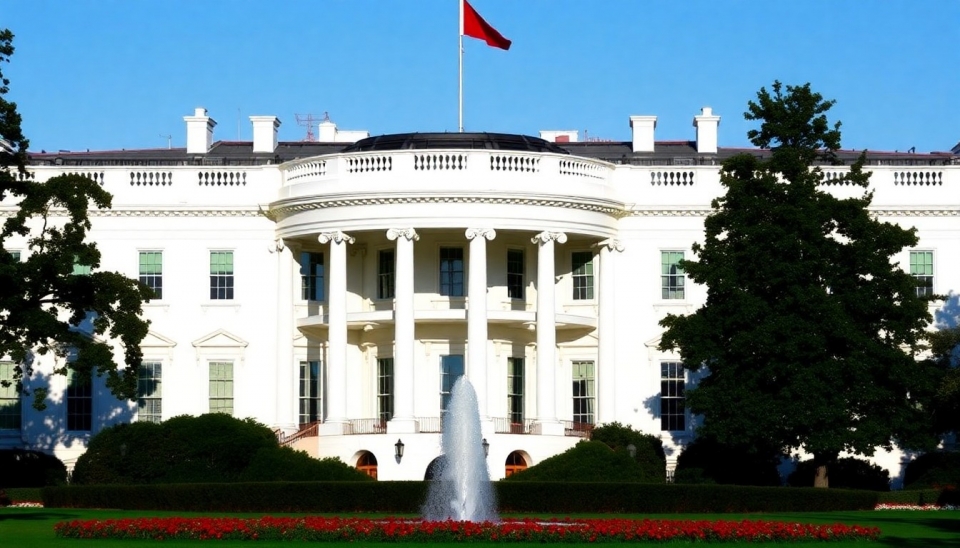
In a surprising turn of events, the White House has officially welcomed the financial blog Zero Hedge into its press pool. This move has generated considerable debate, with many commentators questioning the implications for the integrity of the White House briefing room. Zero Hedge, known for its provocative and often controversial viewpoints on economic and financial matters, has been criticized for promoting conspiracy theories and unfounded claims in the past.
The inclusion of Zero Hedge, which has built a reputation for its often alarmist take on economic news, reflects the Biden administration's broader strategy of engaging with a diverse range of media outlets. However, this decision is not without risks, as the blog's past content has attracted scrutiny and backlash from various sectors, including financial experts and mainstream media. Critics argue that the blog's often sensational approach to reporting can mislead the public and undermine trust in legitimate news sources.
Proponents of Zero Hedge's inclusion in the press pool argue that it embodies the democratic principle of ensuring a variety of voices are heard, particularly in a highly polarized media landscape. They assert that even controversial viewpoints deserve representation, especially when they resonate with a segment of the public that feels disenfranchised by mainstream media narratives. This perspective aligns with ongoing discussions about media freedom and the responsibility that comes with it.
As the White House moves forward with this integration, many are keeping a close eye on how Zero Hedge will navigate the complex dynamics of reporting from the press pool. Observers will be particularly interested in how the blog's style and editorial choices might impact the discourse during briefings and its interactions with other media representatives.
Some members of the White House press corps have expressed concern over the potential for disruption during briefings, suggesting that Zero Hedge's unique style could diverge from the conventional norms expected in such a setting. This move may lead to a re-evaluation of what constitutes journalistic integrity and accountability in the context of the White House press pool.
As the story develops, it will be crucial to monitor the responses from both the media community and the public, especially given the critical role that accurate and reliable information plays in shaping public perception and policy. The inclusion of Zero Hedge has opened a Pandora's box regarding the balance between diverse representation and the potential for misinformation, an ongoing challenge faced by media both at the institutional and grassroots levels.
This inclusion appears to be more than just a simple expansion of the press pool; it highlights deeper issues of trust, media bias, and the delineation between credible journalism and sensationalism in the current climate of information consumption.
As discussions heat up around this topic, many are calling for further dialogue on how media outlets can maintain journalistic standards while still giving space to voices that challenge the status quo.
To conclude, Zero Hedge's entry into the White House press pool serves as a pivotal moment for media relations, potentially reshaping future interactions between government and the press. The administration's effort to accommodate diverse opinions raises important questions about the evolution of media and governance in our increasingly complex world.
#ZeroHedge #WhiteHouse #PressPool #MediaDebate #Journalism #PressFreedom #Controversy
Author: Emily Collins




